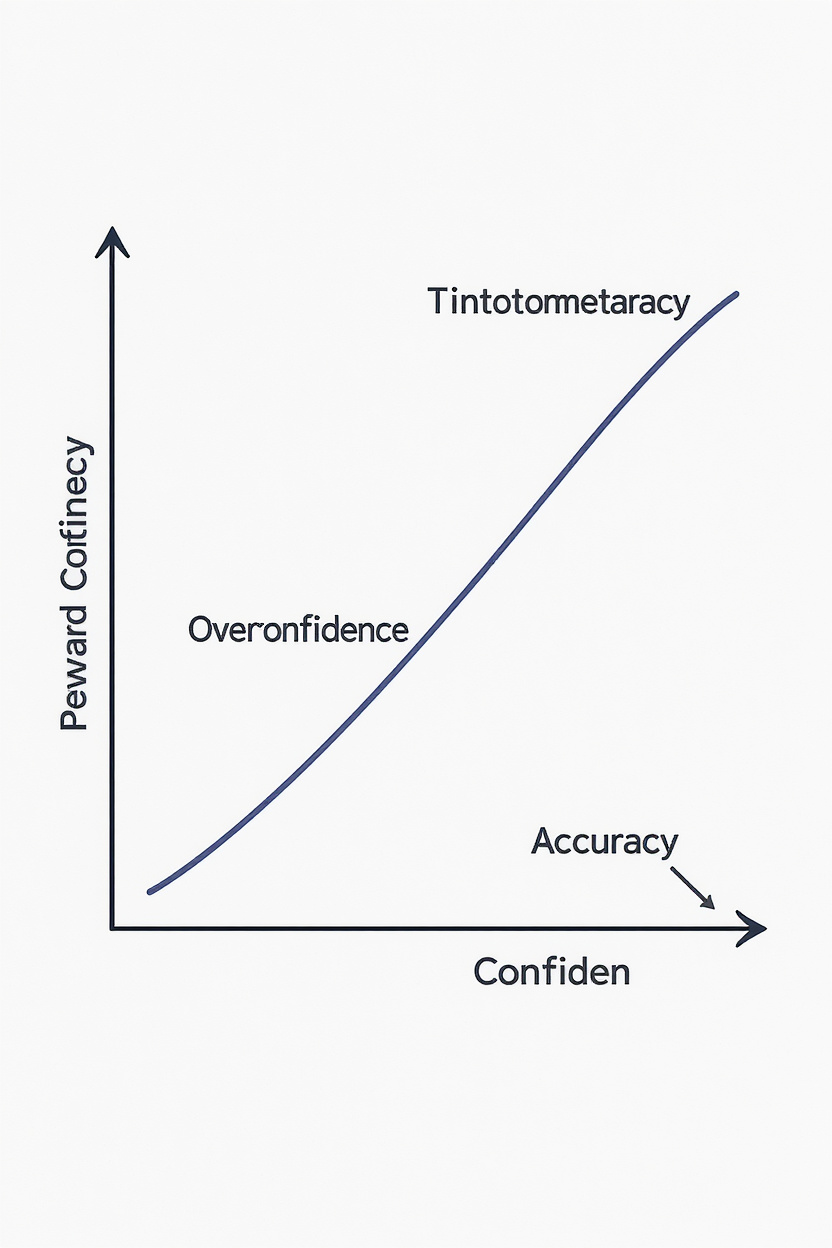Google Attempts to Reinvent the Wheel with Gemini 2.0, Promises AI That Can Now Order You a Pizza and Judge Your Life Choices
In an awe-inspiring move designed to thrill both tech enthusiasts and people who routinely talk to their toasters, Google unveiled Gemini 2.0, the AI upgrade no one asked for but everyone secretly feared. The announcement, made with the kind of fanfare usually reserved for landing on Mars, heralds the advent of a new era of “agentic” capabilities. This fancy term, of course, refers to the AI’s ability to not only mimic human efficiency but also question your taste in music.
The cutting-edge Gemini 2.0 Flash is here—just in time to ruin your holidays—and is proudly waving its multilingual capabilities in our bewildered faces. Now, in addition to resolving your arguments about whether “Hola” or “Bonjour” is more culturally appropriate, it can assist you in scolding your kids in five different languages, all while hashing out your grocery list in pictorial form.
To celebrate this groundbreaking discovery in anthropomorphized puzzlement, Google has decided to roll out several “model sizes” in January. This odd phrasing leaves us wondering if they’ve confused Gemini with a new line of sweatpants, designed to accommodate our expanding digital lives.
“We’re breaking new ground here,” said a Google spokesperson, presumably an engineer named Chad who insisted on wearing sunglasses indoors. “With Gemini 2.0, we’re not just connecting human tools—we’re creating a world where your email can now criticize your use of emojis!”
In a desperate race to ensure their AI could out-do even the most mundane human activities, Google has also introduced a breathtaking tool linking feature. Imagine a universe where your AI assistant can nimbly connect your coffee maker to your conscience, commenting on both your caffeine consumption and why you keep taking calls from your mother-in-law.
Security, as usual, is a delightful afterthought in this tech tale. “Don’t worry,” Chad assured, wiping away the digital sweat of his brow, “Our security protocols are foolproof, assuming you live in a house made entirely of tin foil and dreams.”
Not to be outdone, Microsoft, Amazon, and OpenAI, those fierce competitors in the field of electronic mind-reading, are eagerly watching Gemini’s debut with a collective side-eye, pondering their next strategic moves—or which AI can next be programmed to pick out their daily outfits.
As we all hurtle toward a future dominated by disapproving digital assistants, the question remains: how long before our most trusted AI tool demands to speak with the manager? Will Gemini 2.0 become the martyr who attempts to save us from our own poor decision-making, or is it just another glorified autocorrect, now with a snazzy accent? Only time, loaded with double espressos, will tell.





